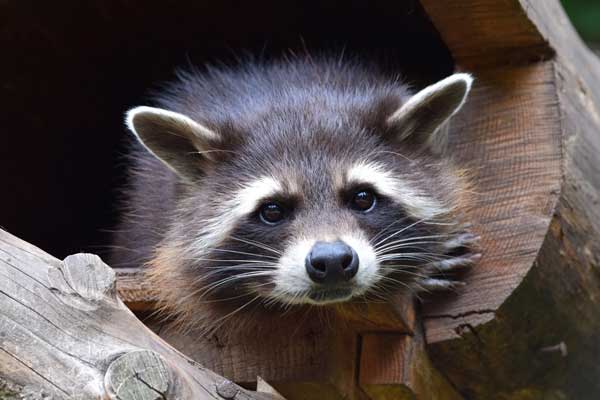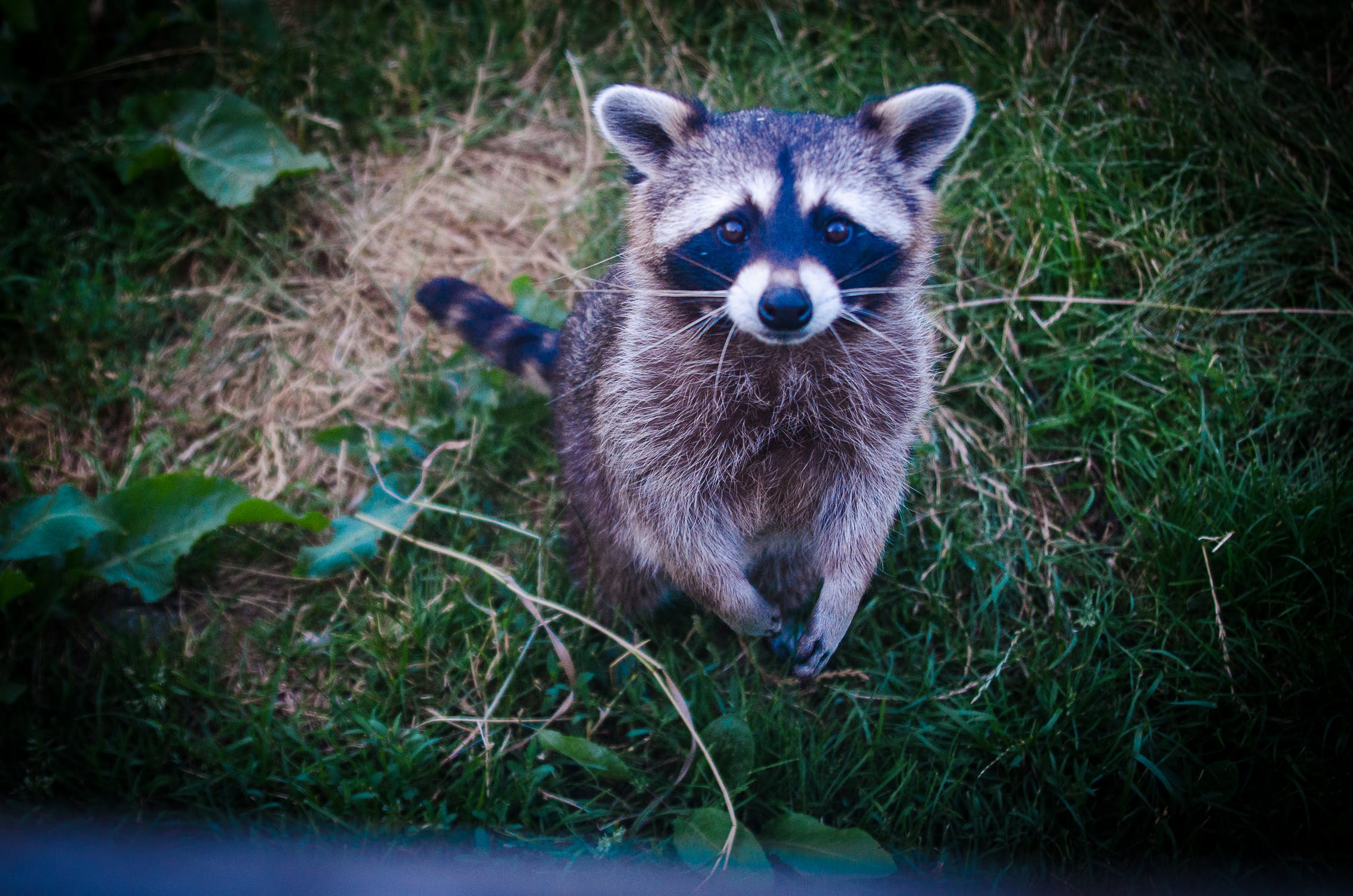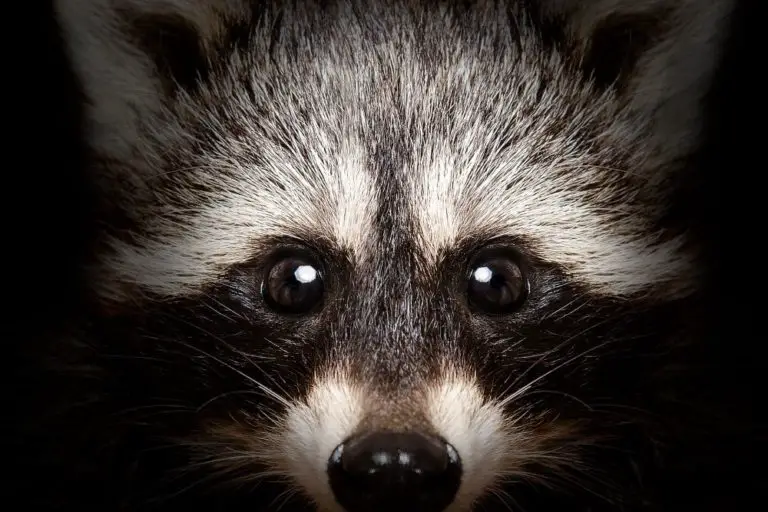
Is It Legal to Own a Raccoon in New York?
A Comprehensive Guide to Raccoon Ownership in NY
Raccoons are adorable creatures that often evoke feelings of curiosity and affection. However, before considering bringing one home as a pet, it’s crucial to understand the legal implications surrounding their ownership. In the state of New York, the legality of owning a raccoon depends on various factors, which we will explore thoroughly in this article.
Raccoon Ownership Laws in New York
According to New York State law, it is illegal to possess a raccoon without a proper license. This license can only be obtained for specific purposes, such as scientific research, wildlife rehabilitation, or educational programs. Individuals who wish to keep a raccoon as a pet are not eligible for a license.
The prohibition on pet raccoon ownership stems from concerns about public health and safety. Raccoons are known carriers of diseases like rabies and roundworm, which can be transmitted to humans through bites, scratches, or contact with their feces. Additionally, raccoons can cause significant damage to property, including gardens, yards, and even buildings.
Penalties for Illegal Raccoon Ownership
Violating the law by possessing a raccoon without a license can result in serious penalties. Individuals convicted of this offense may face fines of up to $1,500 and imprisonment for up to six months. Additionally, the raccoon may be confiscated by authorities and euthanized to prevent further risks to public health.
Other Legal Considerations
Even if you obtain a license to own a raccoon, there are strict regulations that must be followed. These regulations include:
- Vaccinations: The raccoon must be vaccinated against rabies and other diseases as required by New York State law.
- Containment: The raccoon must be kept in a secure enclosure that prevents its escape and contact with other animals or the public.
- Feeding: The raccoon must be fed a nutritionally balanced diet that meets its specific needs.
- Veterinary Care: The raccoon must receive regular veterinary checkups and treatment for any illnesses or injuries.
Tips for Responsible Raccoon Ownership (If Legal)
If you do happen to obtain a license for legal raccoon ownership, it’s essential to prioritize the animal’s well-being and follow these expert tips:
- Handle with Care: Always handle the raccoon with gloves and avoid making sudden movements that could startle it.
- Provide Enrichment: Offer the raccoon plenty of toys, climbing structures, and opportunities for exploration to keep it mentally and physically stimulated.
- Pay Attention to Health: Monitor the raccoon’s health closely, and contact a veterinarian immediately if you notice any changes in behavior or appetite.
- Respect Wild Instincts: Remember that raccoons are wild animals and may exhibit unpredictable behaviors at times. Avoid attempting to cuddle or force interactions with the raccoon.
Frequently Asked Questions
Q: Can I own a baby raccoon in New York?
A: No, it is illegal to possess a raccoon of any age without a license.
Q: What are the consequences of releasing a raccoon into the wild?
A: Releasing a pet raccoon into the wild is illegal and can pose risks to both the raccoon and the ecosystem.
Q: Why are raccoons considered a nuisance in New York?
A: Raccoons can cause damage to property, spread diseases, and disturb public areas.
Q: How can I avoid attracting raccoons to my property?
A: Secure trash containers, remove food sources, and block access points to potential nesting areas.
Conclusion
Understanding the legal implications surrounding raccoon ownership in New York is crucial before making any decisions regarding bringing one home as a pet. While it is illegal to keep a raccoon as a pet, there are legal avenues for obtaining a license for specific purposes. However, it’s essential to prioritize responsible ownership and follow all regulations to ensure the safety and well-being of both the raccoon and the public.
If you are interested in learning more about the topic of raccoon ownership in New York or have any additional questions, we encourage you to consult with local wildlife authorities or experienced veterinarians for the most up-to-date information and guidance.

Image: savejersey.com

Image: fairpunishment.org
Home | NYC Raccoon – All about the raccoon problem in Manhattan … Aug 19, 2023Requirement. Details. Space. A raccoon enclosure should provide at least 20 square feet of indoor space and 100 square feet of outdoor space per raccoon. The outdoor area should have a roof and be fenced with a material that is at least 6 feet high and buried at least 1 foot underground to prevent escape.